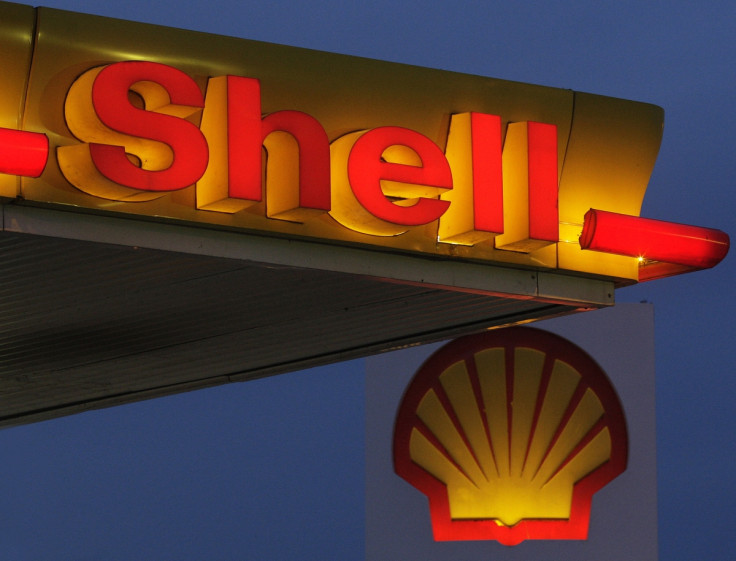Commodities Round-up: Shell CFO claims oil demand could peak in five years
At odds with industry peers, oil giant Shell's finance chief warns crude demand will peak before supply.

Oil prices remained in intraday negative territory for a fourth successive session on Thursday (4 November), as traders continued to fret over Opec's ability to bring major producers round cutting their respective crude output and a senior Shell executive claimed crude demand could peak within a matter of years.
At 4.19pm BST, the West Texas Intermediate (WTI) front month futures contract was down 1.30% or ¢59 to $44.75 per barrel, while Brent was 0.87% or ¢41 lower at $46.45 per barrel, as both contracts extended overnight losses, albeit noted declines were well short of mirroring recent slumps of over 3%.
Stubbornly resilient bearish sentiment was given a helping hand after Simon Henry, chief financial officer of Royal Dutch Shell, said over an analysts' call flagged up by Bloomberg that crude "demand will peak before supply" and that could happen within five years.
At odds with his industry peers, Henry, finance chief of the world's second-biggest energy company by market capitalisation, said: "We've long been of the opinion that demand will peak before supply.
"And that peak may be somewhere between five and 15 years hence, and it will be driven by efficiency and substitution, more than offsetting the new demand for transport."
Meanwhile, as Opec struggles to come good on its pledge to lower headline production from 34.6m barrels per day (bpd) to a 32.5m to 33.0m bpd range, Russia posted yet another growth in supply on account of new oilfields coming onstream. Data obtained by Reuters pointed to headline Russian output averaging 11.23m bpd in October; an increment of 60,000 month-on-month and 400,000 year-on-year.
Analysts at JBC Energy said: "Even as officials in Russia hope for a consensus on an Opec-led oil production cut, Russian crude and condensate supplies set another post-Soviet record in October. While this hints at Russia's own limited preparedness to actively cope with global oversupply, indications for cohesion within Opec are also scarce."
Away from oil market, gold slid back below $1,300 an ounce as the dollar strengthened and traders indulged in profit-taking. At 4.21pm BST, the Comex gold futures contract for December delivery was down 0.66% or $8.60 to $1,299.60 an ounce, extending the previous session's gains.
However, a shock victory for Donald Trump in the US presidential elections could boost demand for gold, according to FXTM's vice president of market research Jameel Ahmad. "If Trump triumphs, gold's natural safe haven appeal should drive demand from investors due to both shock and possible uncertainty ahead through the roof."
Elsewhere, Comex silver futures slid 2.24% or ¢44 to $18.26 an ounce, while spot platinum was 0.20% or $1.97 higher at $993.07 an ounce.
© Copyright IBTimes 2025. All rights reserved.






















